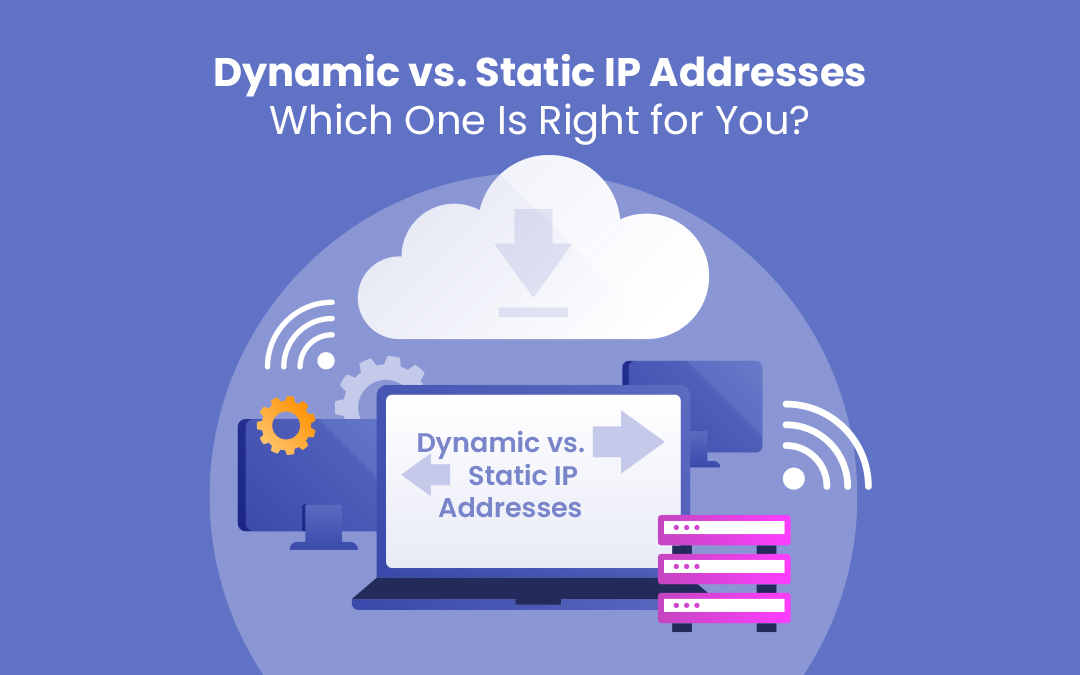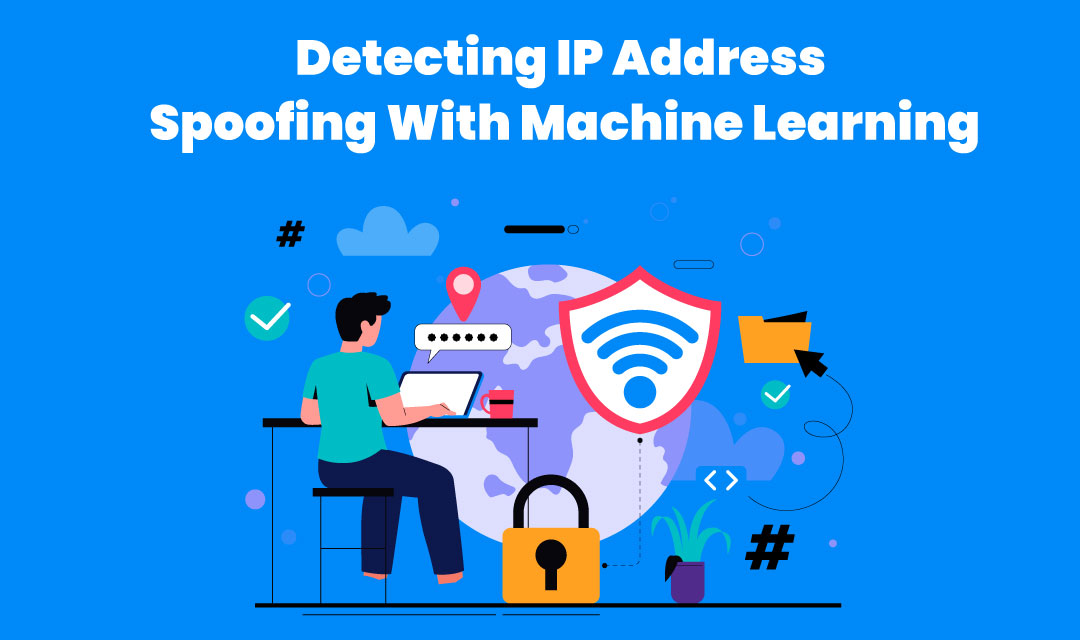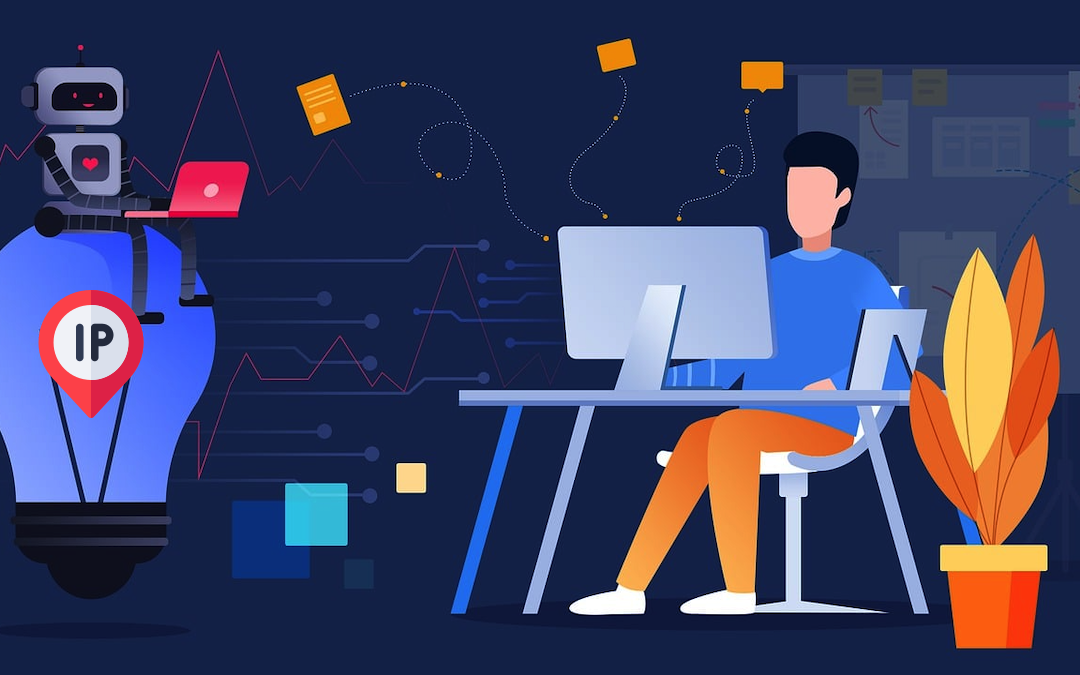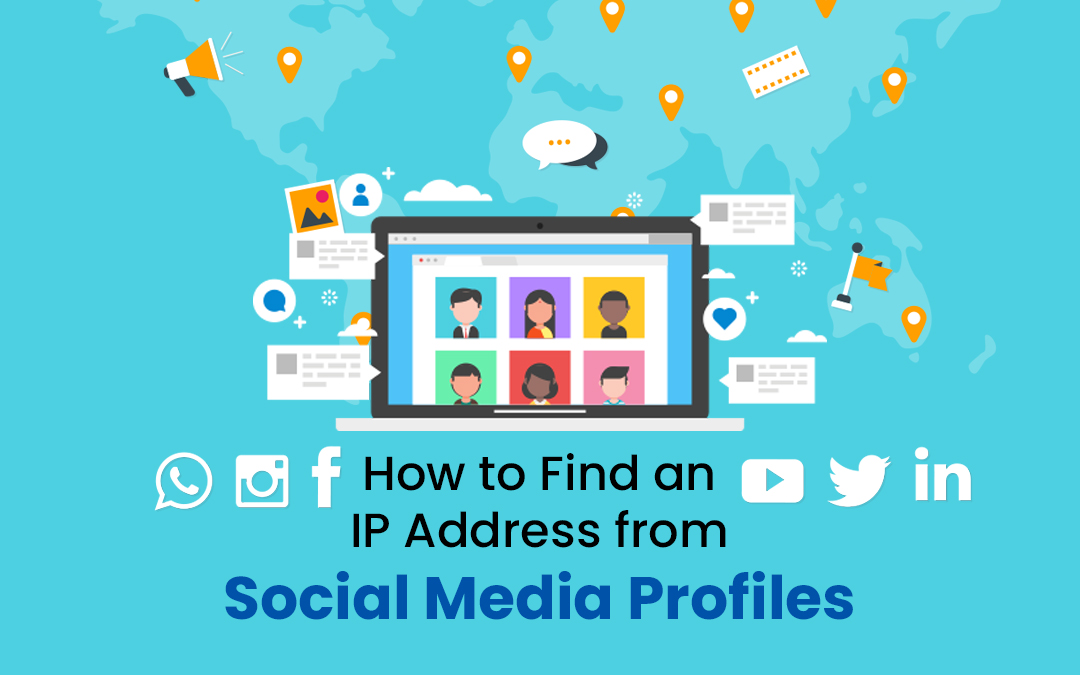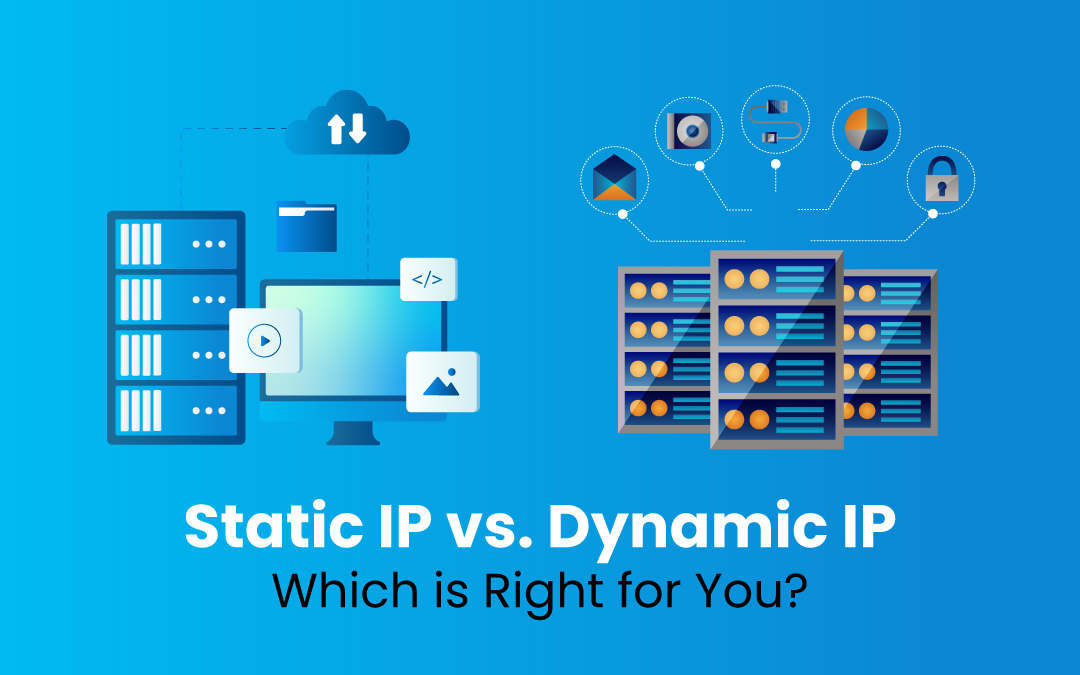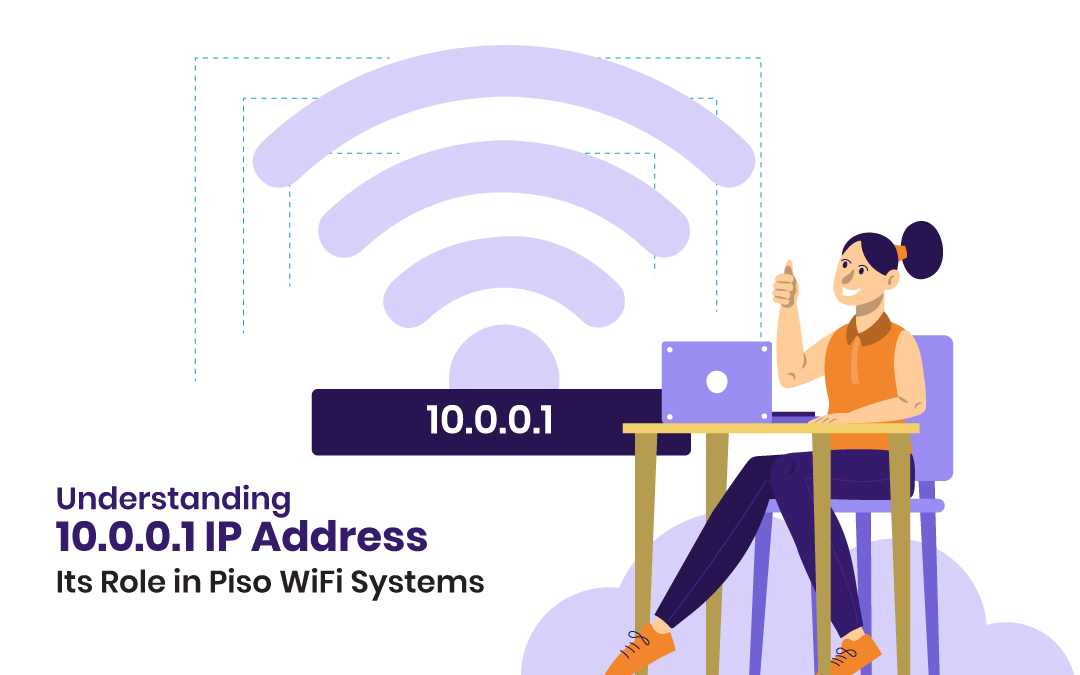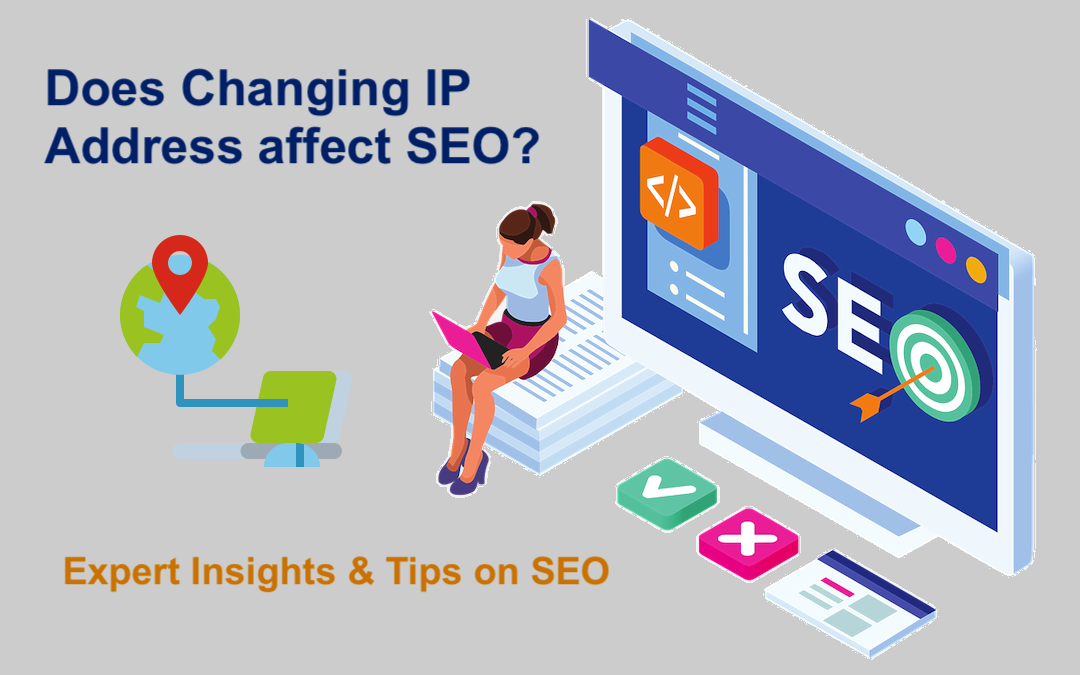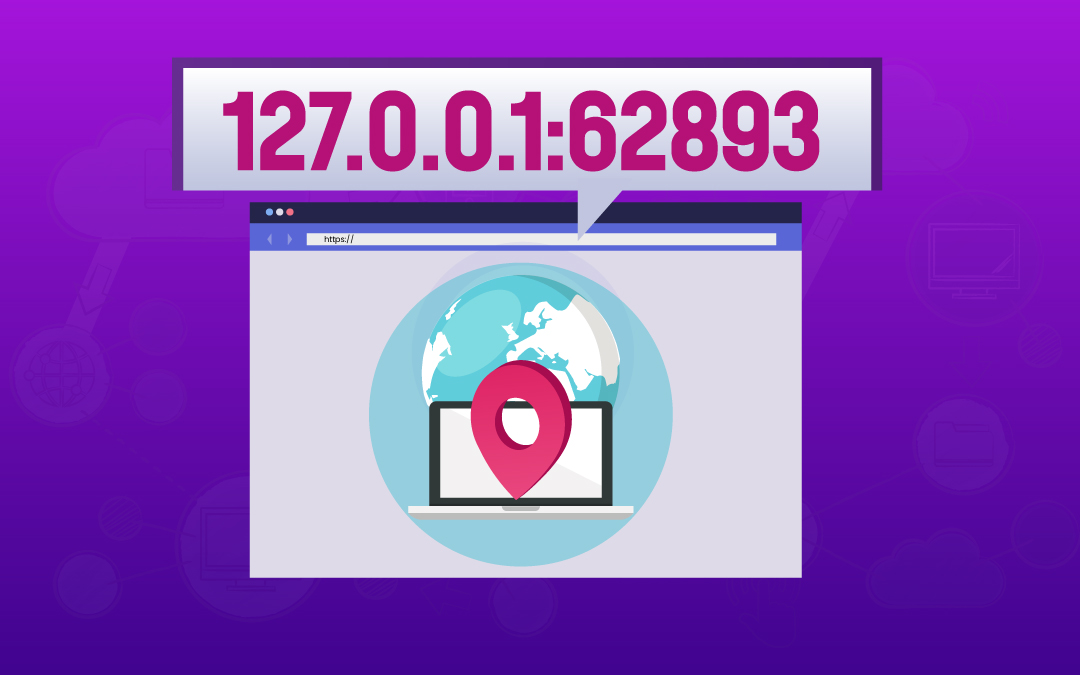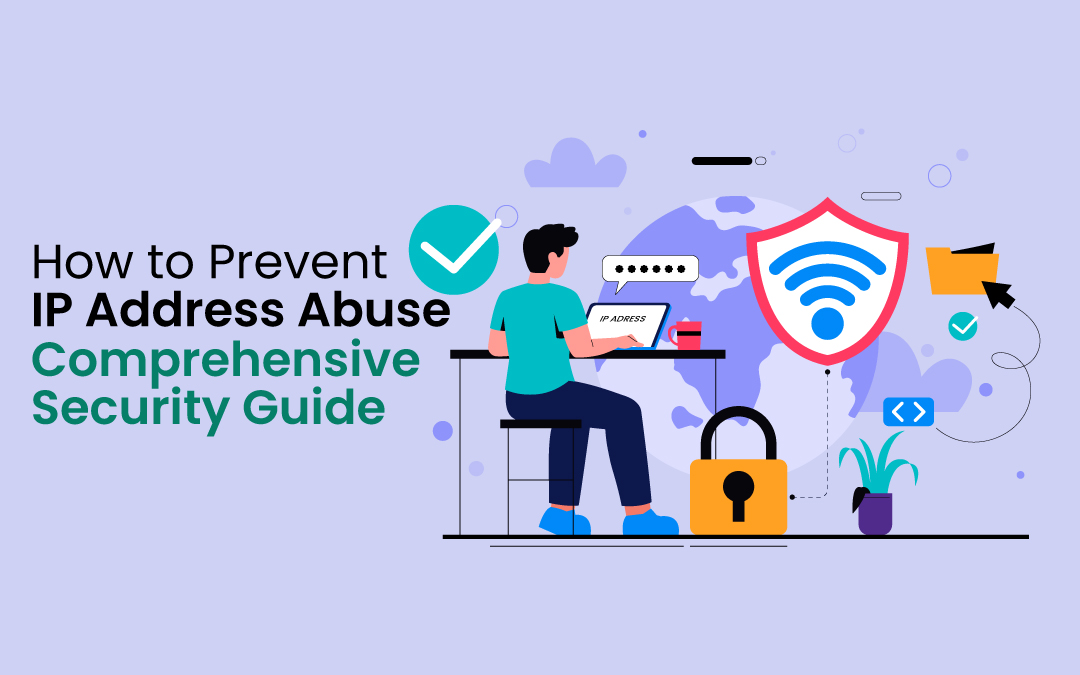
In today's digitally connected world, IP addresses are critical for facilitating online communications, powering everything from simple web browsing to complicated business networks. Unfortunately, IP address misuse has become a major problem as unscrupulous actors leverage weaknesses to carry out unlawful or damaging actions such as spamming, hacking, or conducting distributed denial-of-service (DDoS) attacks. Understanding how to avoid IP address misuse is critical for individuals, organizations, and IT managers alike in order to maintain a secure, safe, and functional online environment. This book delves into the many types of IP address abuse, how they occur, and, most importantly, what steps you can take to safeguard your IP addresses from misuse.
